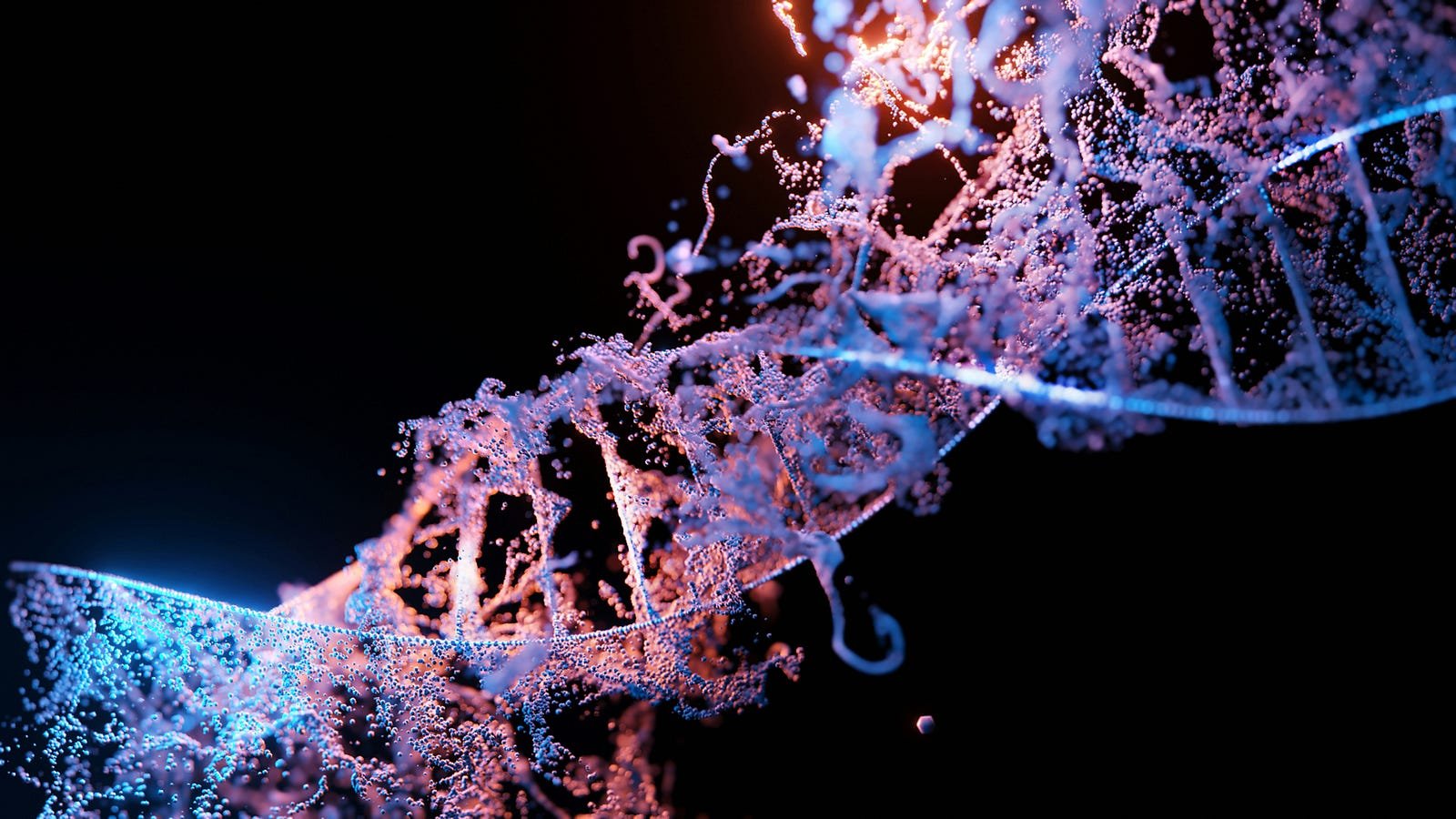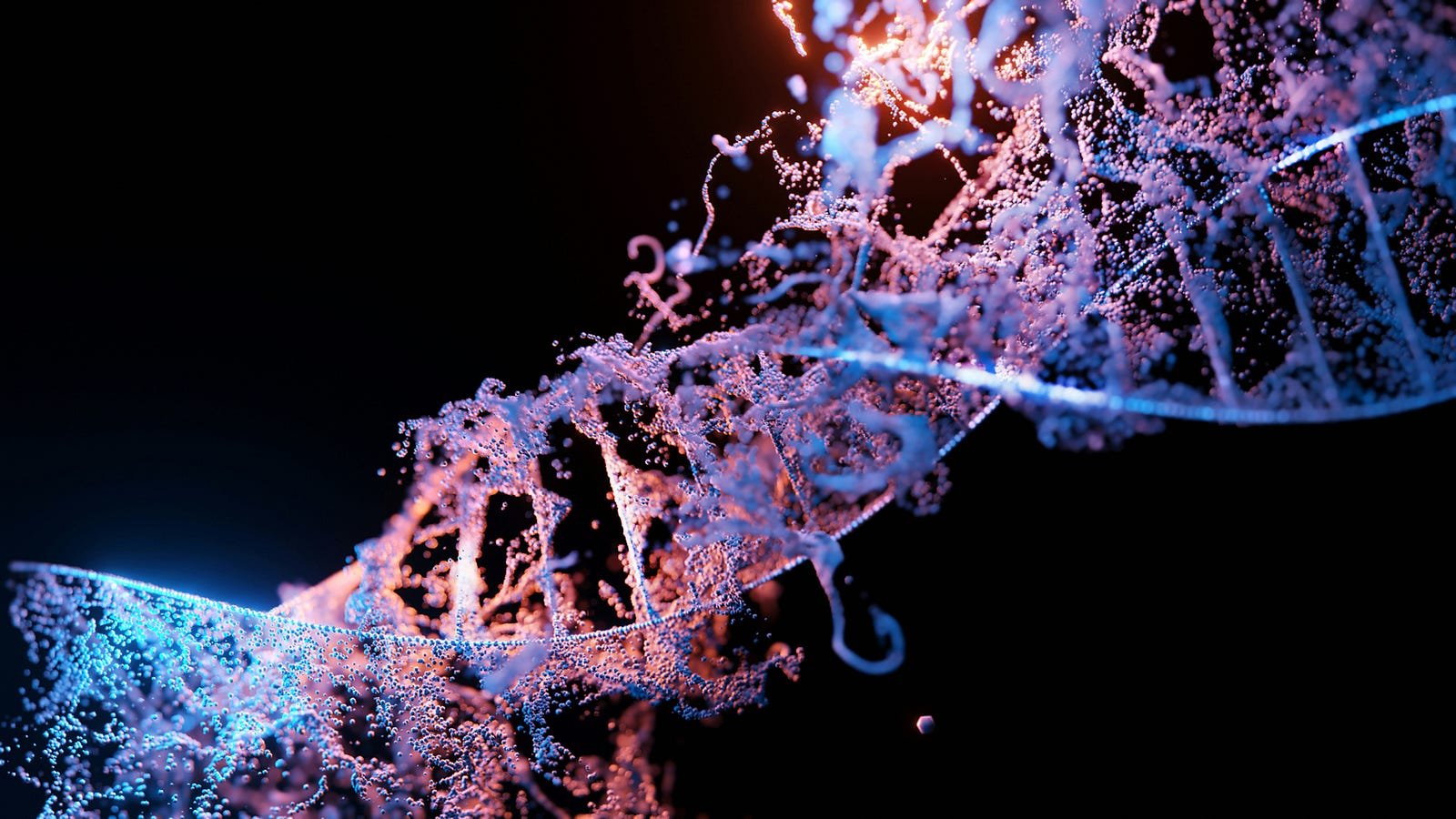The science of genetics has revolutionized our understanding of life, health, and evolution. Genetics explains how traits are inherited, why we look like our parents, and how tiny variations in DNA can have profound effects on our health and well-being. But genetics is more than just a study of inheritance; it’s the foundation for groundbreaking advances in medicine, agriculture, and even forensics.
In this article, we’ll explore the fascinating world of genetics, its impact on our daily lives, and what the future holds for this rapidly advancing field.
What Is Genetics?
At its core, genetics is the study of genes, DNA, and heredity. DNA, or deoxyribonucleic acid, is the blueprint of life — a molecule that carries the instructions for growth, development, and function in all living organisms. Within DNA are genes, which are specific sequences of nucleotides that encode proteins and determine traits.
The Basics of Heredity
Gregor Mendel, the father of genetics, discovered how traits are passed from parents to offspring through his experiments with pea plants in the 19th century. His work laid the groundwork for understanding dominant and recessive traits, concepts that still hold true today.
How Genetics Shapes Our Lives
Genetics is not just an abstract concept — it has tangible effects on our health, personality, and even our future. Let’s look at some key ways genetics influences us.
1. Health and Disease
Genetics plays a crucial role in determining susceptibility to diseases. From conditions like cystic fibrosis to predispositions for diabetes or heart disease, understanding genetic risk factors allows individuals to make informed decisions about their health.
Genetic Testing
Advances in technology have made genetic testing more accessible. Services like 23andMe and AncestryDNA provide insights into ancestry, health risks, and even potential drug sensitivities. Genetic testing is also essential in diagnosing rare diseases and identifying carriers of hereditary conditions.
Gene Therapy
One of the most exciting developments in medicine, gene therapy aims to treat or prevent disease by repairing defective genes. This innovative approach has shown promise for conditions like sickle cell anemia and certain cancers.

2. Personalized Medicine
Genetics has paved the way for personalized medicine, where treatments are tailored to an individual’s genetic makeup. This approach is especially transformative in fields like oncology, where targeted therapies are designed based on the genetic profile of a tumor.
Pharmacogenomics
Pharmacogenomics studies how genes affect an individual’s response to drugs. By understanding these interactions, doctors can prescribe medications that are more effective and have fewer side effects.
3. Ancestry and Identity
Understanding one’s genetic heritage has become increasingly popular. DNA testing kits offer a glimpse into ancestry, revealing ethnic backgrounds and migration patterns. This information helps people connect with their roots and uncover long-lost family connections.
The Role of Genetics in Society
Beyond personal health, genetics has a profound impact on broader societal issues, from agriculture to ethics.
1. Agriculture and Food Security
Genetics has revolutionized agriculture by enabling the development of genetically modified organisms (GMOs). These crops are designed to be more resistant to pests, diseases, and environmental stressors, improving food security for millions.
CRISPR in Agriculture
The CRISPR gene-editing technology has been used to create drought-resistant crops and improve yield. It’s an essential tool for addressing the challenges posed by climate change.
2. Forensics and Law Enforcement
Genetics is a cornerstone of modern forensics. DNA profiling has become a powerful tool for solving crimes, exonerating the innocent, and identifying remains. The creation of genetic databases like CODIS has transformed law enforcement, but it has also sparked debates about privacy.
Ethical Considerations in Genetics
The power of genetics brings with it significant ethical dilemmas. As we unlock more of the secrets encoded in DNA, questions about how this information is used and who has access to it become critical.
1. Privacy Concerns
Genetic information is deeply personal, and the misuse of this data could lead to discrimination. For instance, insurance companies or employers might use genetic information to deny coverage or opportunities.
Legislation and Protections
Laws like the Genetic Information Nondiscrimination Act (GINA) in the U.S. aim to protect individuals from genetic discrimination, but ongoing vigilance is necessary to ensure these protections are upheld.
2. Designer Babies
The ability to edit genes raises concerns about “designer babies,” where parents might select traits like intelligence, appearance, or athletic ability. While gene editing has the potential to eliminate genetic diseases, its misuse could exacerbate social inequalities.
The Future of Genetics
The field of genetics is advancing at an unprecedented pace. Here are some exciting developments on the horizon.
1. CRISPR and Gene Editing
CRISPR (Clustered Regularly Interspaced Short Palindromic Repeats) is a revolutionary tool that allows scientists to edit genes with precision. This technology holds the potential to cure genetic diseases, enhance crops, and even combat aging.
Somatic vs. Germline Editing
While somatic gene editing affects only the individual, germline editing alters genes that are passed on to future generations. The latter is more controversial and requires rigorous ethical oversight.
2. Genomics and Big Data
The integration of genomics and big data is transforming research. By analyzing vast amounts of genetic data, scientists can identify patterns and make breakthroughs in understanding complex diseases like Alzheimer’s and cancer.
3. Synthetic Biology
Synthetic biology combines genetics and engineering to create new biological systems. Applications include developing synthetic organisms for drug production or creating biofuels to reduce reliance on fossil fuels.
Why Genetics Matters for Everyone
Genetics isn’t just for scientists — it affects everyone. Understanding your genetic makeup can help you make informed decisions about your health, plan for the future, and even reconnect with your heritage.
For society, genetics holds the key to solving some of the biggest challenges we face, from curing diseases to addressing food shortages. But with great power comes great responsibility, and ethical considerations must guide the way forward.
The world of genetics is a frontier of endless possibilities. From improving personal health through genetic testing to addressing global challenges like food security and climate change, genetics touches every aspect of our lives. As the science progresses, it’s crucial to balance innovation with ethical responsibility to ensure that these advancements benefit humanity as a whole.
Whether you’re exploring your ancestry, considering genetic testing, or simply curious about the latest breakthroughs, one thing is clear: genetics is reshaping the world as we know it. Embracing this knowledge empowers us to understand ourselves better and build a brighter, healthier future for generations to come.







